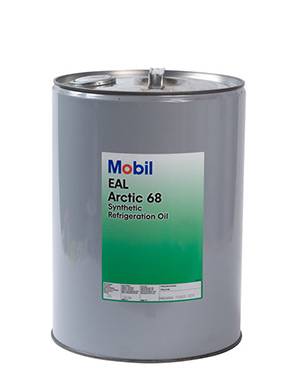Aug . 12, 2024 20:42 Back to list
Exploring the Benefits and Applications of Recycled HDPE Sheets in Sustainable Manufacturing Solutions
The Growing Importance of Recycled HDPE Sheets
High-Density Polyethylene (HDPE) is a versatile thermoplastic polymer that has become increasingly popular in various applications due to its strength and resistance to impact and chemicals. When HDPE is recycled, it can be transformed into recycled HDPE sheets, which are not only eco-friendly but also offer substantial benefits in numerous industries.
Environmental Benefits
One of the most significant advantages of recycled HDPE sheets is their positive impact on the environment. Recycling HDPE reduces the demand for new plastic production, which requires substantial energy, natural resources, and water. By repurposing existing materials, we decrease pollution and carbon emissions associated with manufacturing new polymer products. Additionally, recycling HDPE contributes to reducing the volume of plastic waste in landfills and oceans, mitigating the severe ecological impact of plastic pollution.
The process of creating recycled HDPE sheets typically involves collecting HDPE waste, cleaning it to remove impurities, and then processing it into sheets. This closed-loop system not only conserves raw materials but also promotes a circular economy, where products are reused and repurposed rather than discarded.
Versatility of Applications
Recycled HDPE sheets possess a unique combination of properties that make them suitable for various applications. These sheets are strong, durable, and resistant to moisture, making them ideal for outdoor use, as they can withstand harsh environmental conditions without warping or degrading. This durability is particularly valuable in construction, agriculture, and signage industries.
In the construction sector, recycled HDPE sheets are used as sheathing, siding, and roofing materials, providing builders with a sustainable alternative to traditional materials. In the agricultural sector, they are used for greenhouse structures, irrigation systems, and even livestock enclosures. The signage industry has also embraced recycled HDPE sheets for creating durable outdoor signs that stand the test of time.
recycled hdpe sheets

Economic Advantages
Beyond environmental benefits, recycled HDPE sheets can lead to significant economic advantages. The use of recycled materials often results in lower production costs due to reduced energy consumption during manufacturing. Companies that utilize recycled HDPE can benefit from tax incentives and enhanced brand loyalty among environmentally conscious consumers.
Furthermore, as demand for sustainable products continues to rise, businesses that invest in recycled HDPE sheets can differentiate themselves in a competitive marketplace. This transition can not only attract eco-minded customers but also foster innovation in product development.
Challenges and Considerations
While the benefits of recycled HDPE sheets are clear, there are challenges associated with their production and usage. Quality control during the recycling process is crucial, as the properties of recycled products can vary based on the types of materials processed and the recycling methods used. Companies must invest in technology and processes that ensure that the recycled sheets meet industry standards and performance requirements.
Moreover, public awareness and education regarding the benefits of using recycled HDPE can play a significant role in its adoption across sectors. Increasing knowledge about the lifecycle of plastics and the importance of recycling can encourage more businesses and consumers to choose recycled products.
Conclusion
In conclusion, recycled HDPE sheets represent a sustainable solution that aligns with the growing demand for eco-friendly materials across various industries. By embracing recycled HDPE, businesses can contribute to environmental conservation, reduce costs, and meet consumer demands for sustainable products. As technology and recycling practices continue to advance, the role of recycled HDPE sheets in our economy and environment is set to expand, paving the way for a greener, more sustainable future.
-
PVC Grey Sheet for Extraction: Chemical Resistant & Durable
NewsAug.19,2025
-
Durable PVC Pipe Fittings for Plumbing & Irrigation Needs
NewsAug.18,2025
-
HDPE Steel Belt Reinforced Spiral Corrugated Pipe | High Strength
NewsAug.17,2025
-
HDPE Pipe Fittings: Durable, Leak-Proof Solutions
NewsAug.16,2025
-
Premium CPVC Sheet: High-Temp & Chemical Resistant Solutions
NewsAug.15,2025
-
Durable PPR Pipe for Hot & Cold Water Systems - Easy Install
NewsAug.14,2025

